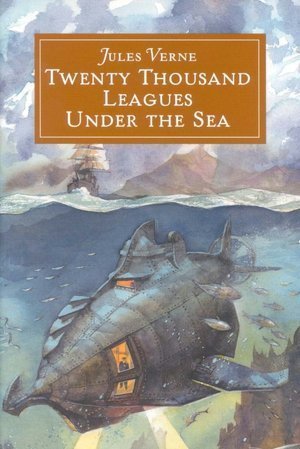A True Yunatic
Some writers don’t just tell stories – they launch expeditions into the future. Jules Verne imagined a world of submarines, space travel and time-bending adventure – long before such things existed. His novels weren’t fantasy – they were blueprints for what might be, built with science, suspense and soul.
From 20,000 Leagues Under the Sea to Journey to the Center of the Earth, Verne turned geology, astronomy and engineering into literary fuel, inviting readers to travel, dream and dare the unknown. He believed that curiosity was a kind of courage.
“Anything one man can imagine, other men can make real.” – Jules Verne
The Inner Child
Verne’s inner child was a sailor, a map collector, a stargazer. As a boy, he tried to run away to sea – and when he couldn’t, he sailed inward, into his imagination. That child never left him. He stayed in every balloon ascent, every deep-sea dive, every wild-eyed professor who believed the impossible was only temporarily unproven.
Tribbles
Jules Verne’s tribbles are adventure classics that still orbit our culture:
- Inspired Disney and beyond – From theme park rides to sci-fi films, his visions still echo.
- From the Earth to the Moon – A moon mission imagined a century before Apollo 11 – with uncanny accuracy.
- Journey to the Center of the Earth – A descent into prehistory, mystery and volcanic wonder.
- 20,000 Leagues Under the Sea – Captain Nemo, the Nautilus and the poetry of deep oceans and deeper solitude.
- Around the World in 80 Days – A story of speed, wit and the global heartbeat of curiosity.

Connected with the Yuniverse
Verne didn’t separate fact from wonder. He made them dance together. He saw science not as cold data, but as the poetry of the cosmos – full of untapped journeys and infinite stories. His universe was navigable by dream.
Spiritual
His faith lived in human imagination, in progress, in the thrilling possibility of the unknown. He wasn’t just exploring Earth – he was exploring what it means to seek.
Jules Verne reminds us that the future begins the moment someone says: “What if we could?”